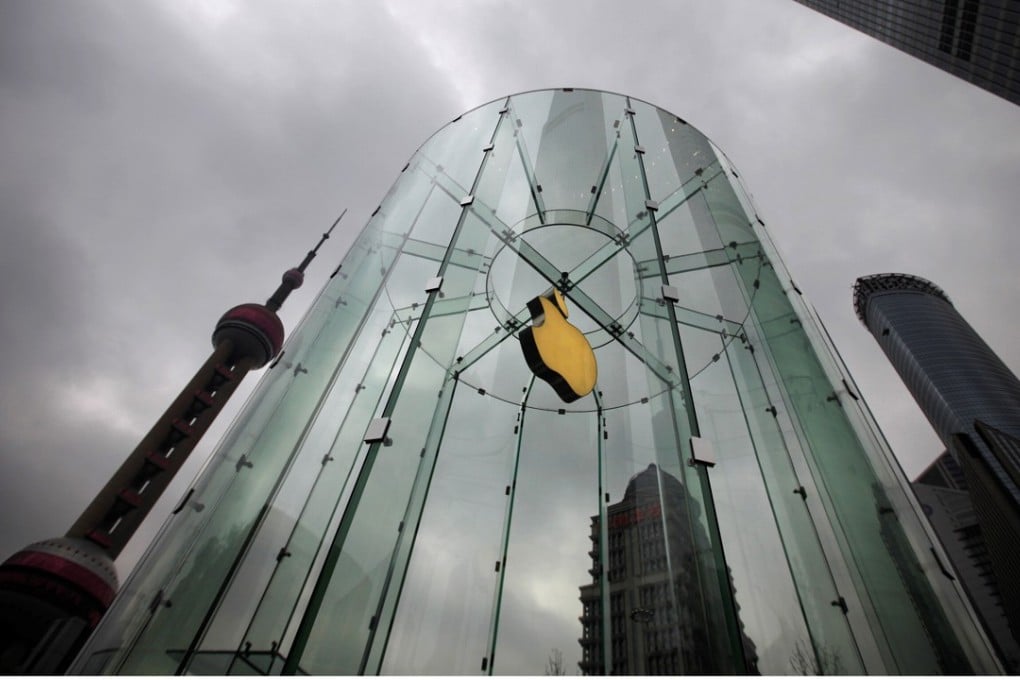Apple unveils promotional campaign to win Chinese consumers to Apple Pay

Apple is launching a large-scale promotion by offering special discounts for consumers who use its mobile payment method in mainland China, where third-party mobile payments are dominated by rival Chinese technology giants Alibaba Group and Tencent Holdings.
Between July 18 and 24, consumers using Apple Pay to make payments in designated online and offline merchants in mainland China that display the logo of UnionPay’s quick pass facility will receive discounts of up to 50 per cent and as much as 50 times the usual amounts of reward points for credit cards, according to Apple’s official Chinese website.
A total of 28 offline retail stores, supermarkets and restaurants such as 7-Eleven, Watsons, Starbucks and Burger King, and 16 internet merchants including bike-sharing app Mobike, online travel app Ctrip as well as JD.com, will be participating in the campaign, according to Apple.
But the promotions offered by Apply Pay are subject to various rules on different merchants. For example, 7-Eleven and Watsons stores have capped the discounted amounts to 10 yuan and 50 yuan, respectively.
Pizza Hut, which offers to rebate 80 yuan (US$11.81) on a single receipt above 160 yuan via Apple Pay, only allows stores in Beijing, Shanghai, Guangzhou and Shenzhen to participate in the promotion.
Apart from retailers, 17 Chinese banks, including the four largest state-owned lenders, will be offering up to 50 times the usual amount of reward points when payments are made by respective credit cards through Apple Pay.
The one-week promotion is the largest ever for Apple Pay in China since its debut on February 18, 2016.